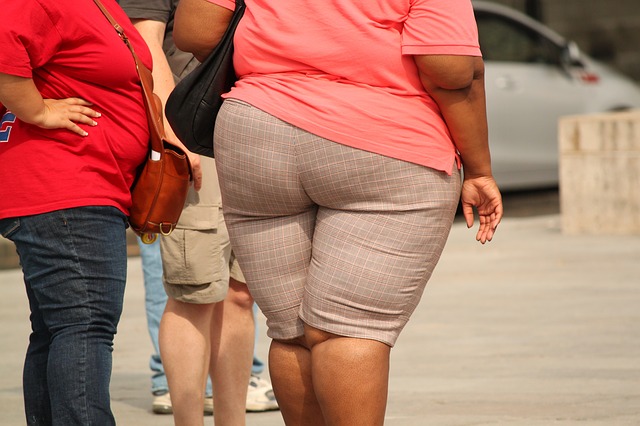WESTWOOD—The UCLA Department of Psychology published a report on March 18 which reveals that negative biases towards obese people affect us in ways previously unknown, impacting our sense of smells.
The study, which was published in the International Journal of Obesity, asked participants to view images of heavy and thin individuals while smelling substances, tinted with food coloring, that were actually odorless.
The results demonstrated that the substances were perceived to smell worse when they were paired with images of heavy individuals than when they were paired with images of thin individuals.
The research was headed by Angela Incollingo Rodriguez, a UCLA doctoral student in psychology, A. Janet Tomiyama, a UCLA assistant professor of psychology, and Andrew Ward, a professor of psychology at Swarthmore College.
Tomiyama argues that these findings imply that weight stigma may affect us in ways we do not yet know.
“You wouldn’t think that not liking someone’s weight could then be seen in a totally different sensory modality, which makes us think, ‘How else is weight stigma affecting our lives that we don’t even know about?’” Tomiyama questioned.
According to the Center of Disease Control and Prevention, more than one-third (34.9 percent or 78.6 million) of U.S. adults are obese.
Rodriguez argues that the effects of weight biases are wide-ranging and affect social situations, the quality of medical care and hiring and promotion decisions.
But Rodriguez contends that these biases aren’t irreversible: “By being aware of our deep-seated attitudes regarding weight, we can begin to change our behavior,” she said.






